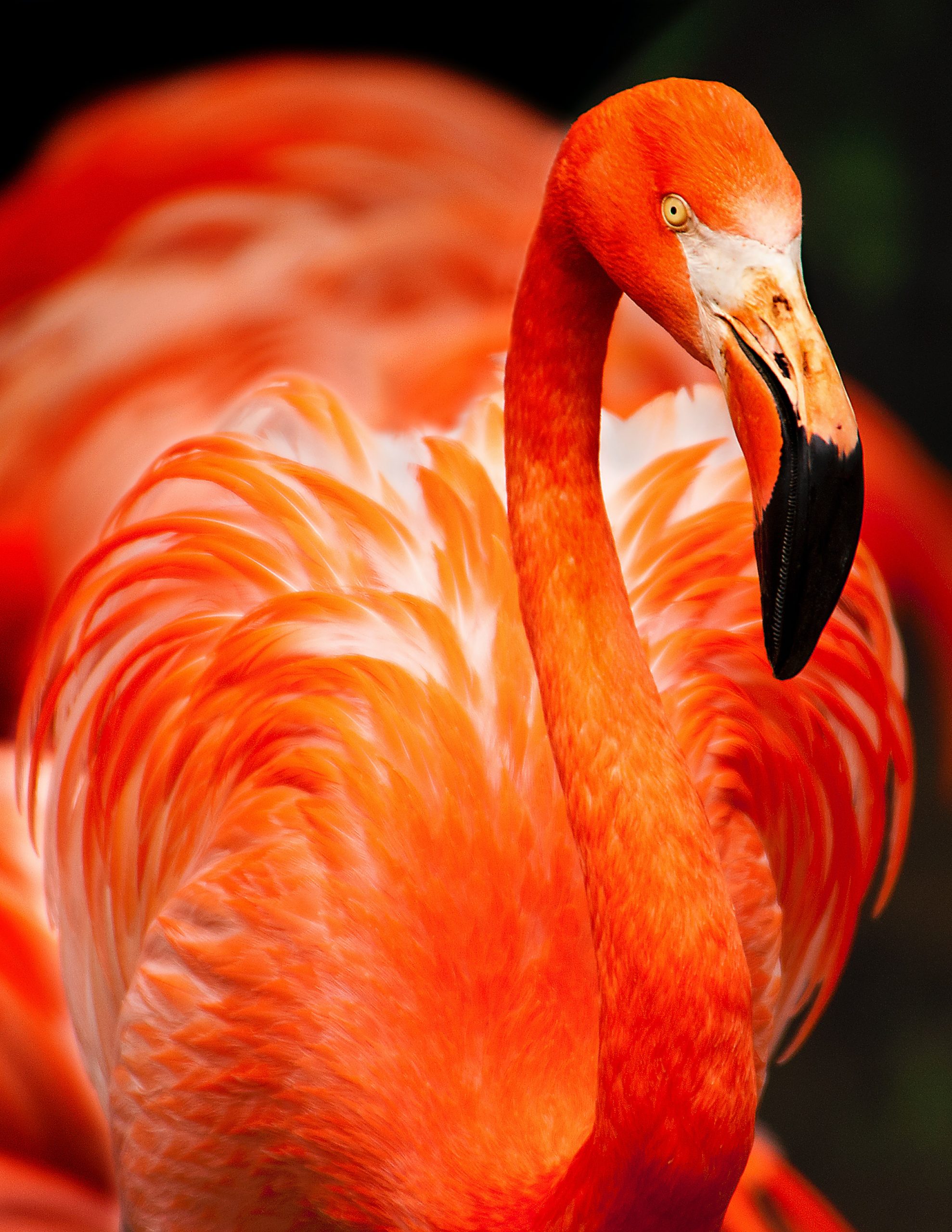Before COVID, There Was Flu

Photo by Alan Emery on Unsplash
Will bird flu be the source of the next global pandemic?
As a microbiology professor and a science thriller novelist, I’ve been fascinated by deadly plagues for a long time. My interest began when I discovered Richard Preston’s seminal book The Hot Zone, a novelized nonfiction account of Ebola virus coming to the US. Since then, I’ve studied both the science and the sociology of smallpox (especially the story of its eradication), polio (especially the history of polio vaccines), tuberculosis, Legionnaire’s disease, various agents of biological warfare (especially horrific acts of the Japanese Imperial Army in China during the 1930s), typhoid (and the tale of Mary), syphilis (and the infamous Tuskegee experiment), HIV, the discovery of antibiotics and the rise of antibiotic resistance, and of course the emergence of coronaviruses as an unexpected threat with COVID-19.
But the granddaddy of them all for me has always been influenza.
The 1918-19 global flu pandemic loomed large in my imagination. Partly this is because of the shockingly swift severity with which that virus emerged, spread, and killed untold millions. Unlike COVID, the 1918 flu was more deadly for people in the prime of life than for the aged—and it killed much faster. A twenty-five-year-old soldier could wake up feeling ragged one morning and be dead by evening of the next day. Partly my interest is because of the sudden and rather mysterious disappearance of the pandemic from both public life and from public memory. History books that devoted ample attention to the First World War barely mentioned that the flu killed more soldiers than the entire war did. And part of my interest is the amazing scientific detective story of how the extinct 1918 virus was exhumed and sequenced around the year 2000 (get a sample here https://www.cdc.gov/flu/pandemic-resources/reconstruction-1918-virus.html).
Mostly, though, my fascination with the 1918 flu came from a sense of forboding, a fear of unfinished business. Influenza viruses have unique genetic features that make them particularly good at mutation—much more than coronaviruses, which are still able to produce worrisome variants. This is why we need to update our flu vaccines every year, and why flu pandemics pop up every few decades or so. The 1918 flu disappeared, but influenza viruses are still very much with us. And the threat of a 1918 repeat is ever present.
Before COVID, I fretted about and fully expected a very bad flu pandemic in my lifetime. I wrote a science thriller novel entirely around the premise of a flu virus engineered by an evil scientist to target victims of a particular racial group. (Link to The Han Agent by Amy Rogers)
After COVID, I still fret about this. And I wonder whether the COVID-19 pandemic experience has made us collectively better or worse prepared for the flu pandemic that is probably as inevitable as earthquakes on a fault line.
Zeynep Tufekci, a brilliant journalist who covered the pandemic, is wondering the same—with urgency. In a recent essay in the New York Times, she writes about the rising risk of a new influenza. You know how eggs have gotten expensive lately? How birds have been removed from exhibits at the zoo in your town? A massive, global (bird) flu pandemic is happening right now. So far, this pandemic is largely confined to birds. But it has started to seep into mammals, too.
One thing we all learned from the COVID pandemic is, the more cases you have, the more variants you’re going to get. This is also true for influenza. Bird, or avian, influenza viruses can mutate/change/evolve into forms that infect humans. In a worst-case scenario, they acquire the ability to not only infect human lungs, but to spread from person to person.
That may be exactly what happened in 1918.
I could go on and on with details about bird flu, bird flu vaccines, comparisons to COVID, etc. But I actually have just one point that I want to make.
The trauma and contentious politics of the COVID-19 pandemic embedded certain narratives in people’s minds. People may have become even less willing to accept scientific uncertainty, even less willing to trust authority, even less willing to do the work of evaluating risk in a quantitative way, even less willing to listen and to change their minds (or behavior) as new information becomes available and as a dynamic situation changes.
Don’t be one of those people. If (when?) the next viral threat emerges, don’t fall into the rigid patterns you may have adopted during COVID. Don’t expect people in authority to have all the answers right away. Don’t expect black or white, yes or no assessments of risk. Be flexible in your fear and in your actions. Be willing to trust, and be generous in your assessment of other people’s motives.
Seems like good advice for ordinary times, too.
Questions? amy@amyrogers.com
Amy Rogers, MD, PhD, is a Harvard-educated scientist, novelist, journalist, and educator. Learn more about Amy’s science thriller novels at AmyRogers.com.


